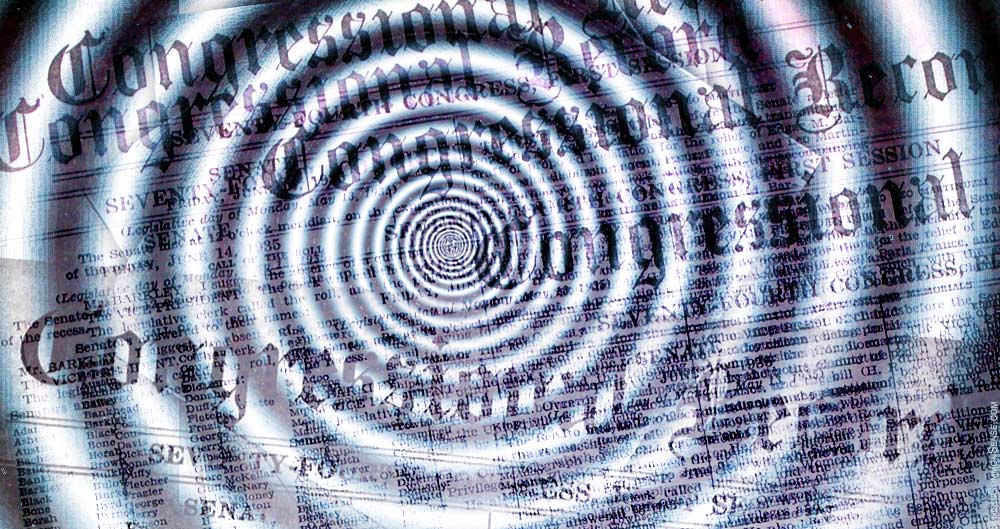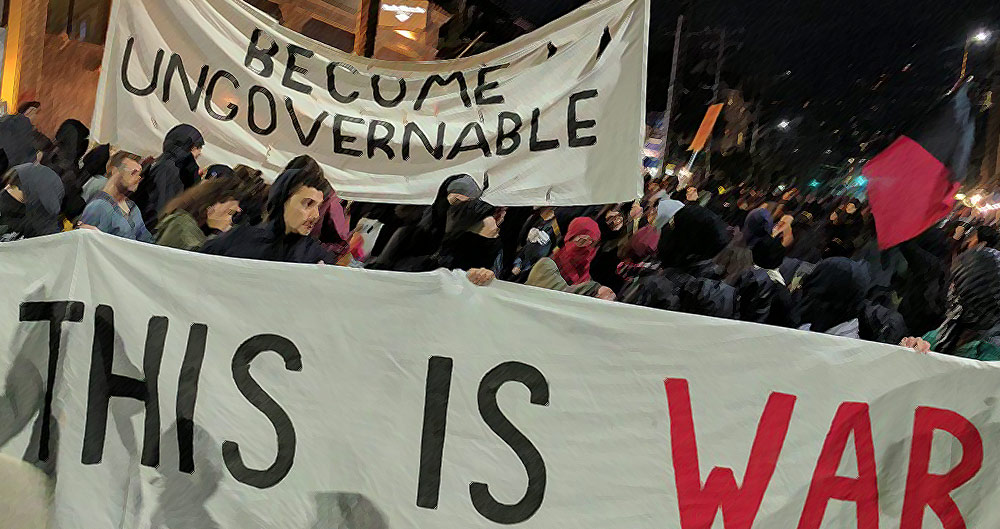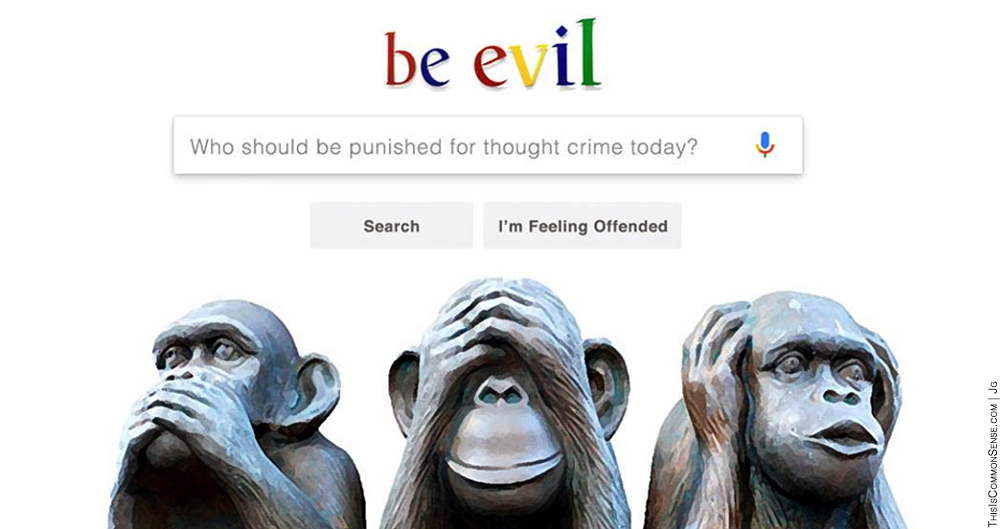“What a nice Halloween,” my wife remarked as we turned out the lights.
Well, not in nearby Oakton, Virginia, where Jamie Stevenson walked past her neighbor’s home last Saturday and saw “a racist display.”
“She knew it was a Halloween decoration,” the Washington Post reported.
Heedless, she contacted her homeowners association, the Southern Poverty Law Center, and the perpetrator: “What you appear to be displaying is an effigy of a black person being lynched. As your neighbor and a person of color [Stevenson is Asian], I find this racist … deeply offensive. I’m sure this is not your intent.”
“It is not my intent to offend anyone,” was her neighbor’s immediate and predictable response to her email. Shockingly, he had never noticed that his “Monster in the tree had darker skin.”
So, on a rainy Sunday, he took it down.
One might think that, with Stevenson’s sensitivity, she wouldn’t perform her own social media lynching — or doxing — against her neighbor. But on Monday, acknowledging that no offense had been intended and with the offending display removed, Stevenson still posted “a flier” on Facebook with a photo of an actual 1889 lynching next to the picture she had snapped of her neighbor’s Halloween display, declaring: “RACISM and HATE have no place in our neighborhood.”
She called for a boycott of her neighbor’s free Halloween candy … and handily provided his home address.
“[W]hen you point out racism, people have a choice to make,” she insisted. “They either acknowledge it and have to do something about it, or they deny it and are complicit in it.”
Or then again, neighbor, maybe you’ve got racism on the noggin and folks are only complicit in sharing a traditional joy with the neighborhood kids.
This is Common Sense. I’m Paul Jacob.











